Loading the player...
Study Shows Breastfeeding Can be Safe for Breast Cancer Survivors
For women diagnosed with breast cancer, especially those hoping to have children, one of the biggest questions they face is how their diagnosis may impact their ability to start or expand a family.
A recent study looked at whether patients diagnosed with breast cancer can safely breastfeed their children after treatment.
Lead author Trishnee Bhurosy, PhD, a researcher at the Rutgers Cancer Institute of New Jersey, told MD/alert, that the study showed that not only is breastfeeding safe, it could be beneficial for both the patient and the child.
"Breastfeeding is actually beneficial for women. There are findings from studies that show that for every 12 months of breastfeeding that you do there is a reduced risk of breast cancer by 4.3%," Trishnee Bhurosy, PhD, said. "Breastfeeding not only improves the health of mothers but also provides numerous health benefits to the infant.”
“There is emerging evidence that breastfeeding is actually healthy and beneficial for women who have undergone breast cancer treatment, but there is not too much attention going on regarding this issue right now in the cancer world," Dr. Bhurosy explained. "That’s why we felt we needed to look at this other research question to know more what has been done recently and what needs to be done down the road.
The researchers reviewed 13 studies noting that between 7.7 and 90.9% of women attempted breastfeeding for anywhere between a few weeks to around two years.
In an article published in Annals of Surgical Oncology, the researchers noted that some of the leading factors for breastfeeding were “use of the contralateral breast, support from others, lactation counseling, and advice from an International Board-Certified Lactation Consultant.”
Common barriers stopping women from breastfeeding included medical counseling advising against it, insufficient milk production, and lack of support.
“Young breast cancer patients tend to present with advanced stage of invasive cancer,” the authors wrote. “Additional prognostic factors such as the use of oral contraceptives, family history of breast cancer, and shorter periods of breastfeeding may influence risk. Possibly most significantly, postpartum mammary gland involution that may extend for at least 5 years promotes the development of tumors with increased metastatic capability.”
As a result, the authors said it is “important to identify and promote health behaviors that can improve the survival rates and, ultimately, the overall quality of life among young breast cancer survivors.”
Bhurosy said the study looked at women who had undergone multiple forms of breast cancer treatment, including chemotherapy or breast surgery. For patients who have undergone chemotherapy, Bhurosy said most research has shown they should wait at least one or two years after therapy before attempting to conceive a baby.
Knowing that it can be safe to breastfeed, she said it is essential for patients and providers to discuss the process and if it is possible in their individual cases.
“Sometimes you know we will get the option to preserve some of the breast tissue. But many times, you do fear of breast cancer coming back, people will choose to have a breast removed, so then they won't be able to breast feed from that breast. You know, it's like most of the tissue is removed, but nowadays more and more people are trying to conserve at least some of that tissue through breast conserving therapy, which is actually quite good, because then we can actually breastfeed from the breast, but the volume of milk production won't be that much compared to a healthy breast," Bhurosy continued.
She said it is natural for these patients to have lots of questions about their options through the treatment process, which is why a multidisciplinary team can help provide the answers they’re seeking.
This team can include their oncologist, surgeon, pediatricians, nurse practitioners, and lactation consultants.
The researchers noted that more work needs to be done on how best to provide prenatal and postpartum support to women who want to breastfeed after treatment.
This includes assessing factors that would “influence oncology providers and other healthcare professionals to better support the breastfeeding needs of breast cancer survivors of reproductive age” and how to better address any potential fear and anxiety the patients have about the risks of breastfeeding.
By Adam Hochron
A recent study looked at whether patients diagnosed with breast cancer can safely breastfeed their children after treatment.
Lead author Trishnee Bhurosy, PhD, a researcher at the Rutgers Cancer Institute of New Jersey, told MD/alert, that the study showed that not only is breastfeeding safe, it could be beneficial for both the patient and the child.
"Breastfeeding is actually beneficial for women. There are findings from studies that show that for every 12 months of breastfeeding that you do there is a reduced risk of breast cancer by 4.3%," Trishnee Bhurosy, PhD, said. "Breastfeeding not only improves the health of mothers but also provides numerous health benefits to the infant.”
“There is emerging evidence that breastfeeding is actually healthy and beneficial for women who have undergone breast cancer treatment, but there is not too much attention going on regarding this issue right now in the cancer world," Dr. Bhurosy explained. "That’s why we felt we needed to look at this other research question to know more what has been done recently and what needs to be done down the road.
The researchers reviewed 13 studies noting that between 7.7 and 90.9% of women attempted breastfeeding for anywhere between a few weeks to around two years.
In an article published in Annals of Surgical Oncology, the researchers noted that some of the leading factors for breastfeeding were “use of the contralateral breast, support from others, lactation counseling, and advice from an International Board-Certified Lactation Consultant.”
Common barriers stopping women from breastfeeding included medical counseling advising against it, insufficient milk production, and lack of support.
“Young breast cancer patients tend to present with advanced stage of invasive cancer,” the authors wrote. “Additional prognostic factors such as the use of oral contraceptives, family history of breast cancer, and shorter periods of breastfeeding may influence risk. Possibly most significantly, postpartum mammary gland involution that may extend for at least 5 years promotes the development of tumors with increased metastatic capability.”
As a result, the authors said it is “important to identify and promote health behaviors that can improve the survival rates and, ultimately, the overall quality of life among young breast cancer survivors.”
Bhurosy said the study looked at women who had undergone multiple forms of breast cancer treatment, including chemotherapy or breast surgery. For patients who have undergone chemotherapy, Bhurosy said most research has shown they should wait at least one or two years after therapy before attempting to conceive a baby.
Knowing that it can be safe to breastfeed, she said it is essential for patients and providers to discuss the process and if it is possible in their individual cases.
“Sometimes you know we will get the option to preserve some of the breast tissue. But many times, you do fear of breast cancer coming back, people will choose to have a breast removed, so then they won't be able to breast feed from that breast. You know, it's like most of the tissue is removed, but nowadays more and more people are trying to conserve at least some of that tissue through breast conserving therapy, which is actually quite good, because then we can actually breastfeed from the breast, but the volume of milk production won't be that much compared to a healthy breast," Bhurosy continued.
She said it is natural for these patients to have lots of questions about their options through the treatment process, which is why a multidisciplinary team can help provide the answers they’re seeking.
This team can include their oncologist, surgeon, pediatricians, nurse practitioners, and lactation consultants.
The researchers noted that more work needs to be done on how best to provide prenatal and postpartum support to women who want to breastfeed after treatment.
This includes assessing factors that would “influence oncology providers and other healthcare professionals to better support the breastfeeding needs of breast cancer survivors of reproductive age” and how to better address any potential fear and anxiety the patients have about the risks of breastfeeding.
By Adam Hochron
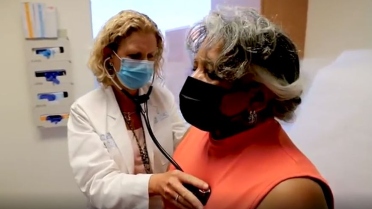



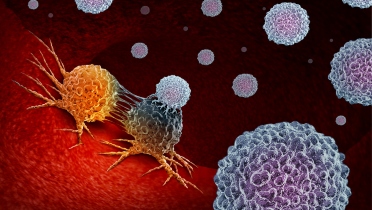



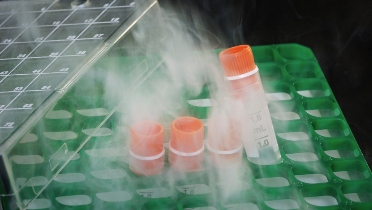
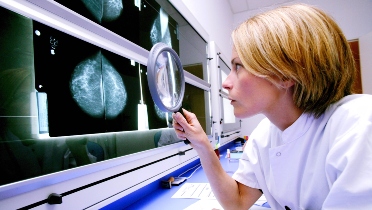
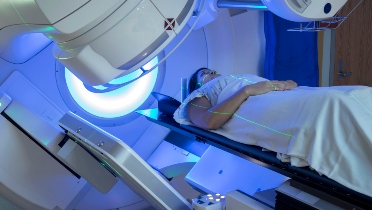


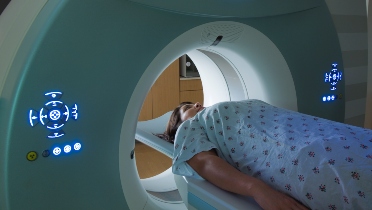
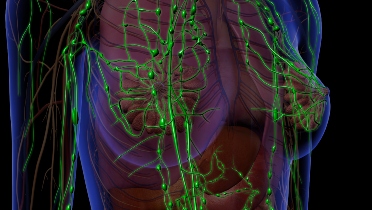
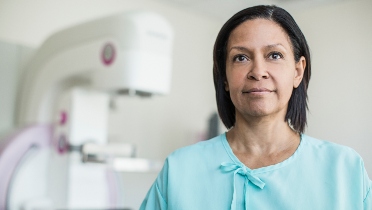
.jpg)


.jpg)
.jpg)
.jpg)
.jpg)
.jpg)
.jpg)
.jpg)
.jpg)
.jpg)

.jpg)
.jpg)
.jpg)
.jpg)
.jpg)

.jpg)
.jpg)

.jpg)

.jpg)
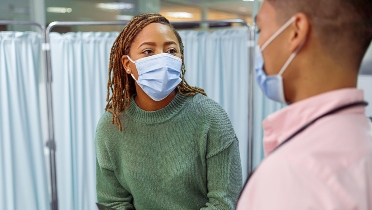
.jpg)
.jpg)
.jpg)
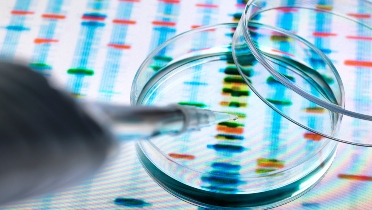
.jpg)

.jpg)
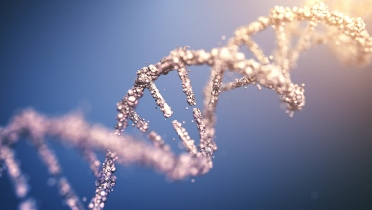
.jpg)
.jpg)
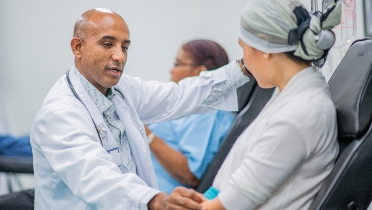
.jpg)
.jpg)
.jpg)
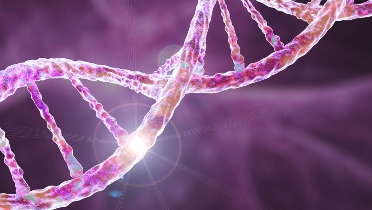
.jpg)
.jpg)
.jpg)
.jpg)
.jpg)


.jpg)
.jpg)
.jpg)
.jpg)
.jpg)
.jpg)
.jpg)
.jpg)
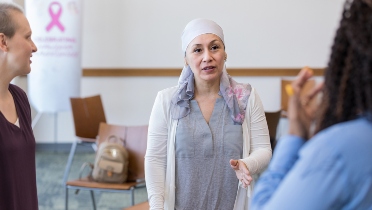

.jpg)
.jpg)
.jpg)
.jpg)
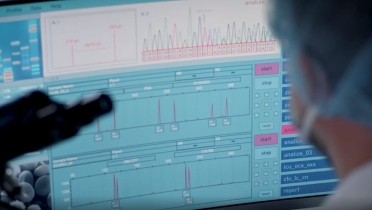
.jpg)
.jpg)
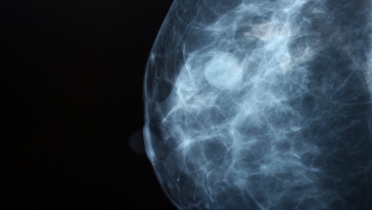
.jpg)
.jpg)
.jpg)
.jpg)
_.jpg)
.jpg)
.jpg)
.jpg)

.jpg)
.jpg)
.jpg)

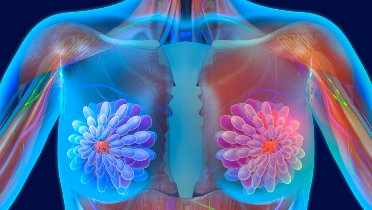
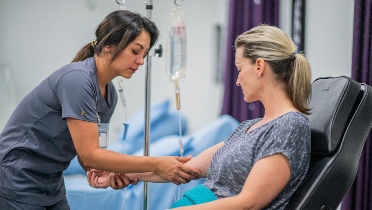
.jpg)
.jpg)


.jpg)
.jpg)
.jpg)
.jpg)
.jpg)

.jpg)
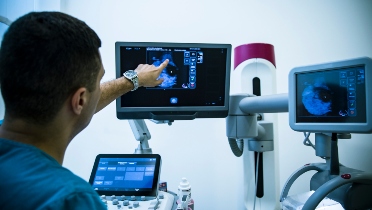

.jpg)
.jpg)
.jpg)
.jpg)
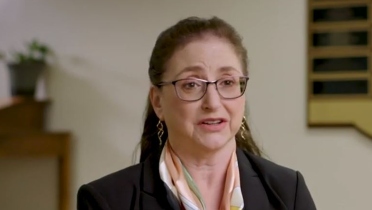
.jpg)
.jpg)
.jpg)


.jpg)
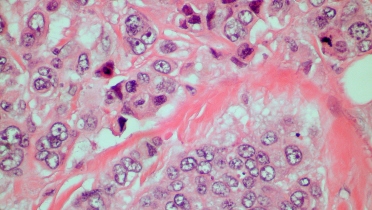
.jpg)
.jpg)
.jpg)
.jpg)
.jpg)
.jpg)
 Featured Breast Cancer Videos
Featured Breast Cancer Videos.jpg)